15 Items to Avoid Putting in Your Wallet for Security – Simple Family Preparedness

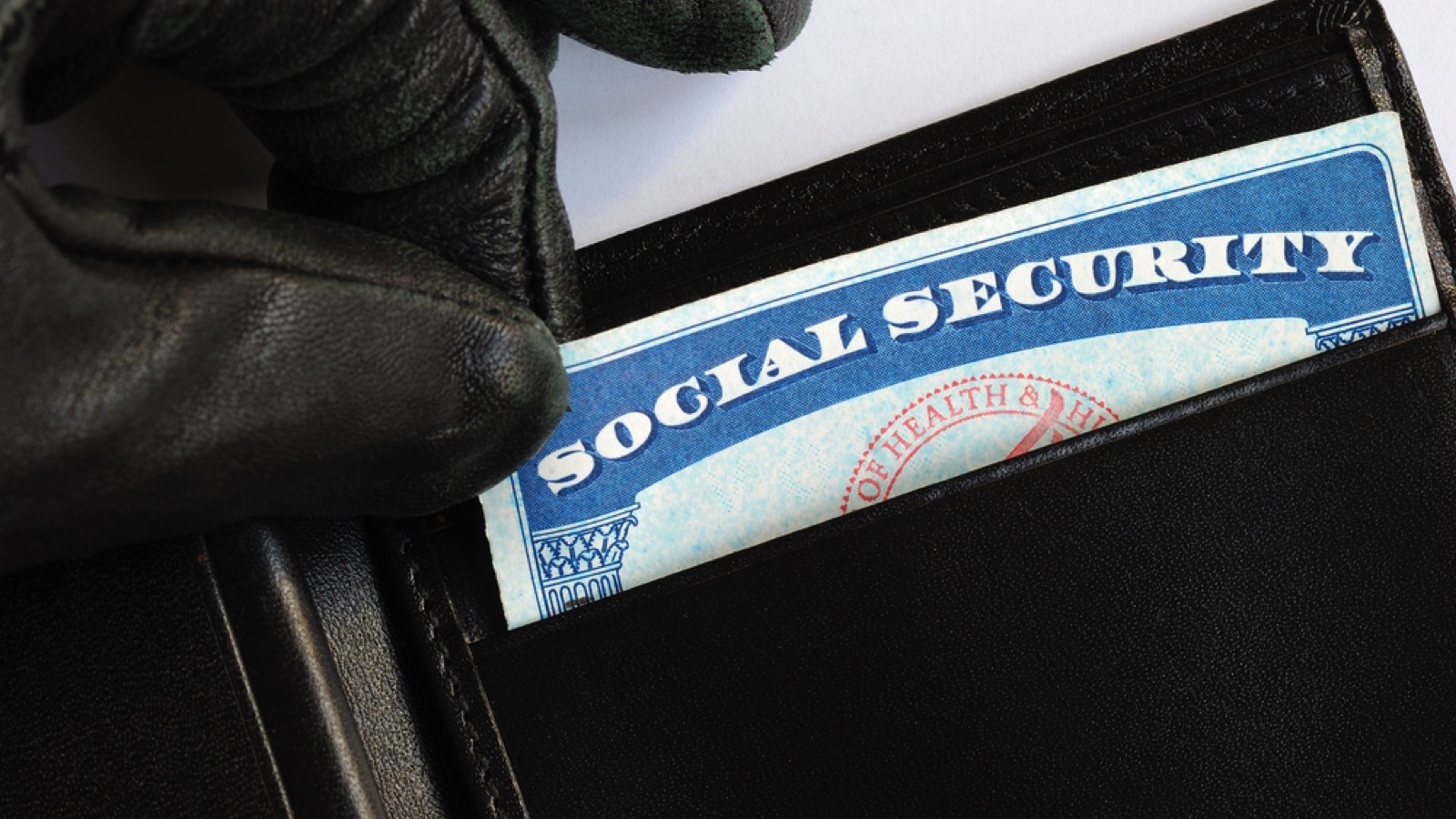
Your wallet is like a tiny fortress for your most important items. But are you unknowingly putting yourself at risk by carrying the wrong things? Let’s explore 15 items that should never find a home in your wallet, keeping your personal information safe and your mind at ease.
Your Social Security card is a golden ticket for identity thieves. If someone gets their hands on this number, they can open credit cards, take out loans, or even file tax returns in your name. Keep your Social Security card in a safe place at home. Memorize the number instead. If you absolutely need it for a specific purpose, like starting a new job, carry it only for that day and put it right back in its safe spot when you’re done.
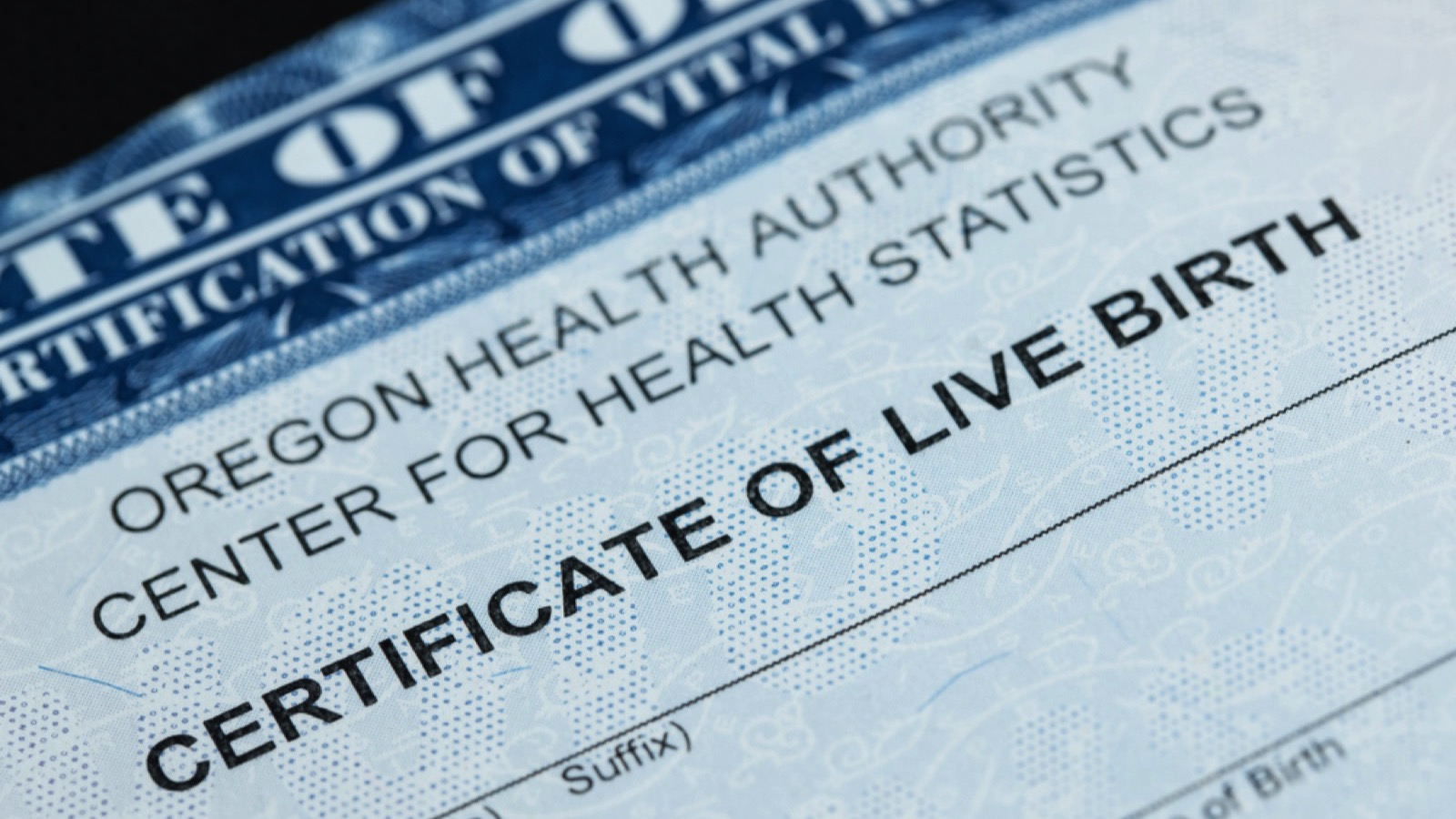
Your birth certificate is another document that should stay far away from your wallet. It’s a key piece of identification that, in the wrong hands, can be used to steal your identity. There’s rarely a need to carry this around day-to-day. Store it in a secure location at home, like a fireproof safe. If you need it for official business, take it only for that specific errand and return it to its safe place immediately after.
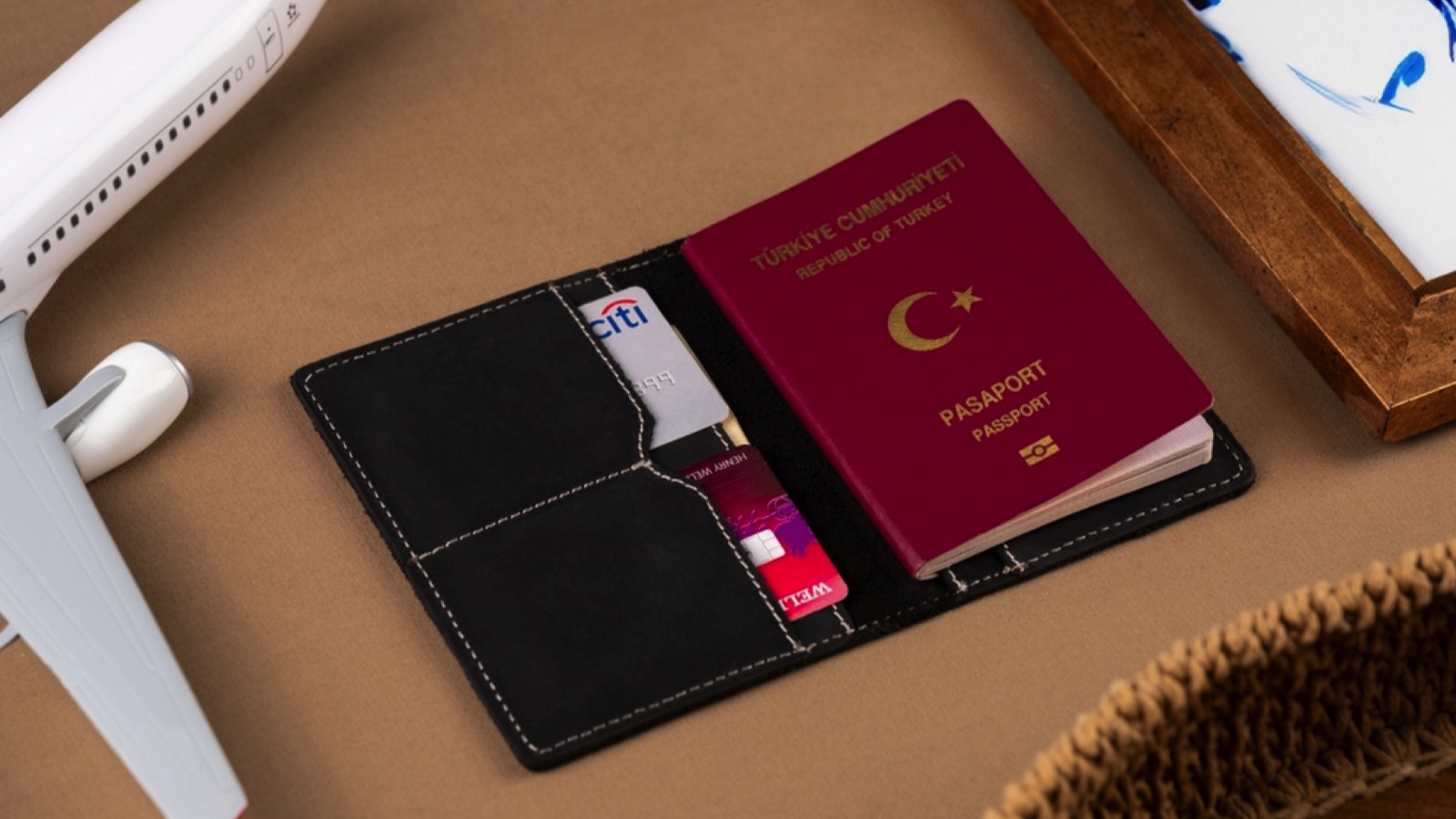
Unless you’re traveling internationally, your passport should stay at home. It’s a valuable document that’s expensive and time-consuming to replace if lost. In some countries, a stolen passport can be sold on the black market for a high price. Keep your passport locked up at home. If you’re traveling abroad, consider using a hidden money belt or leaving it in your hotel safe when you’re not actively using it.
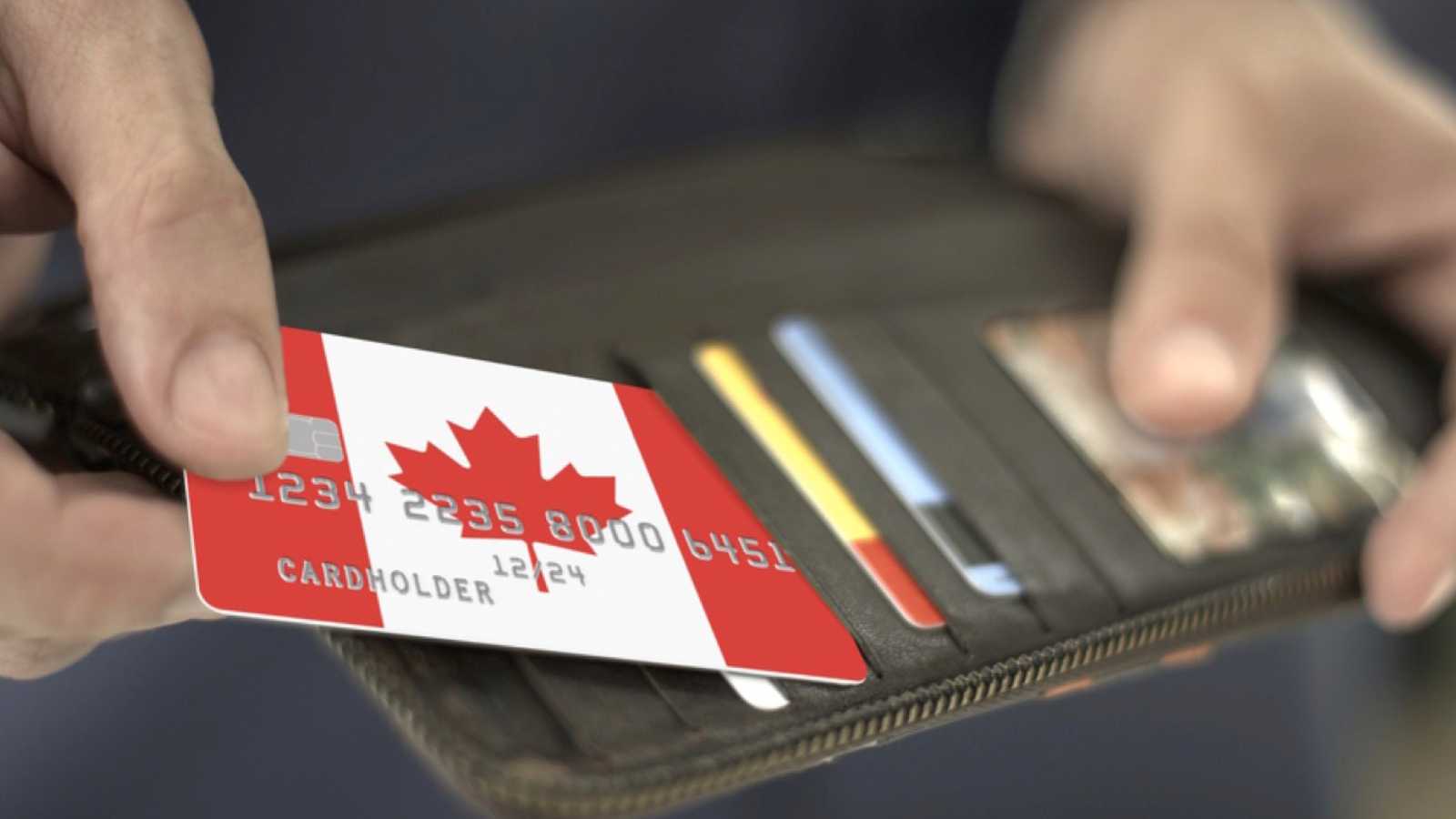
Carrying every credit card you own is asking for trouble. If your wallet is stolen, you’ll have to cancel all of them, leaving you without access to credit. Pick one or two cards to carry daily. Leave the rest at home. This way, if your wallet is lost or stolen, you’ll still have access to credit and won’t have to go through the hassle of canceling and replacing every card you own.
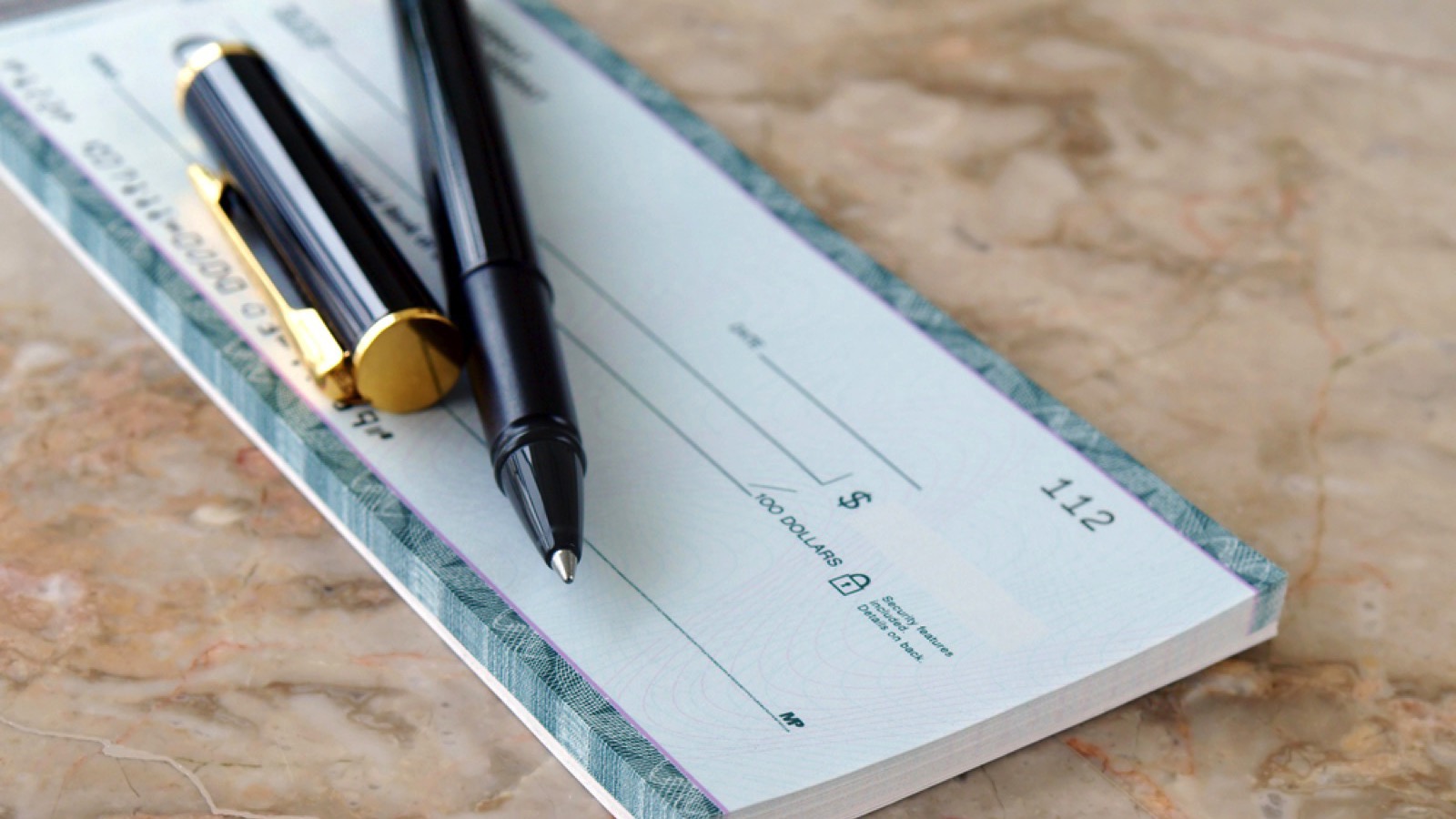
Blank checks are an identity thief’s dream. With your account and routing numbers, a thief can drain your bank account or create fraudulent checks. If you need to write a check, bring just the one you need. Better yet, use online bill pay or electronic transfers when possible. Keep your checkbook secure at home and only carry checks when absolutely necessary.
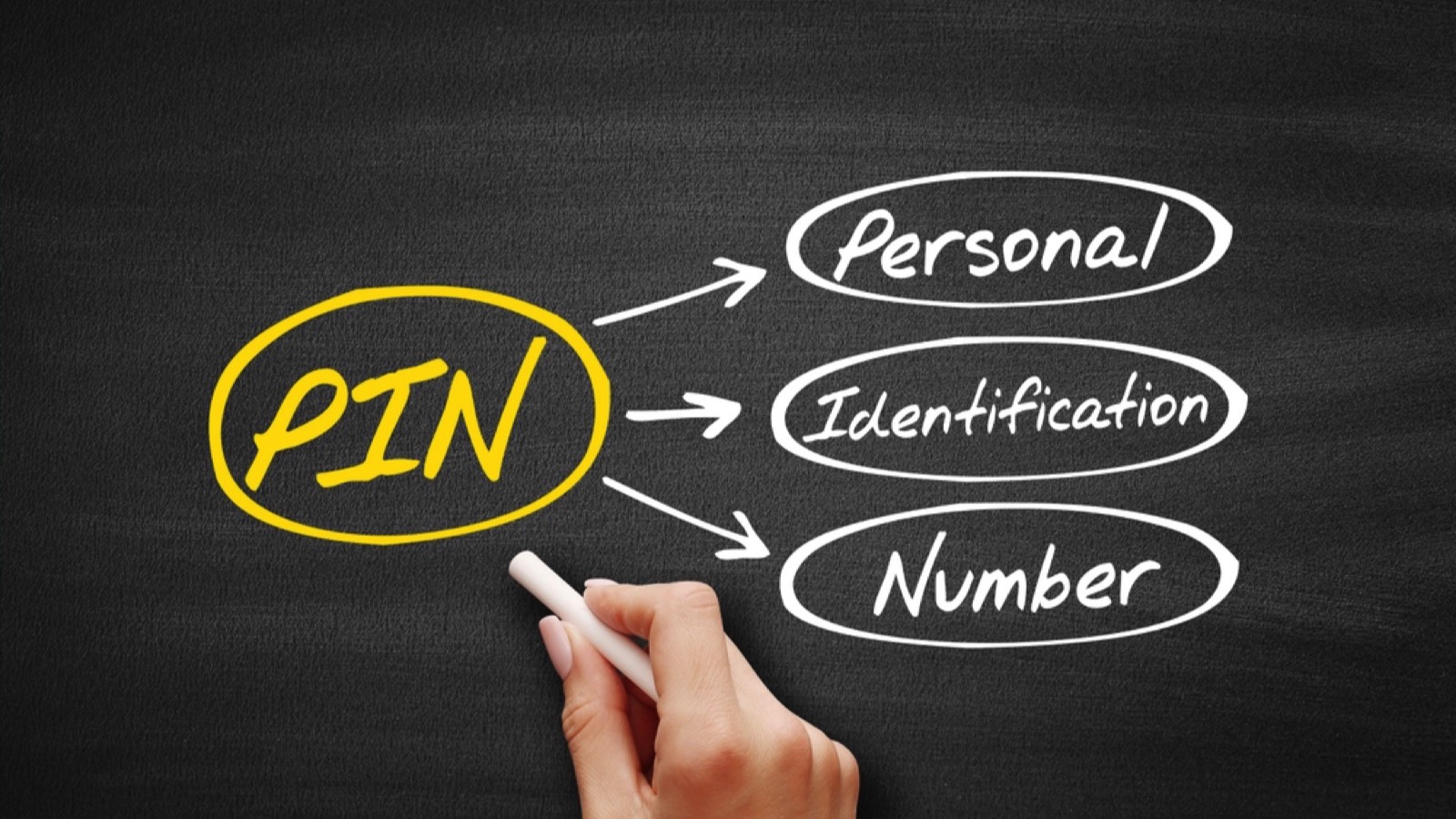
Never keep a written record of your PIN numbers in your wallet. If a thief gets your debit card and PIN, they can empty your bank account in minutes. Memorize your PINs instead. If you must write them down, disguise them as phone numbers or addresses in a separate notebook kept at home. Never store them with the corresponding cards.
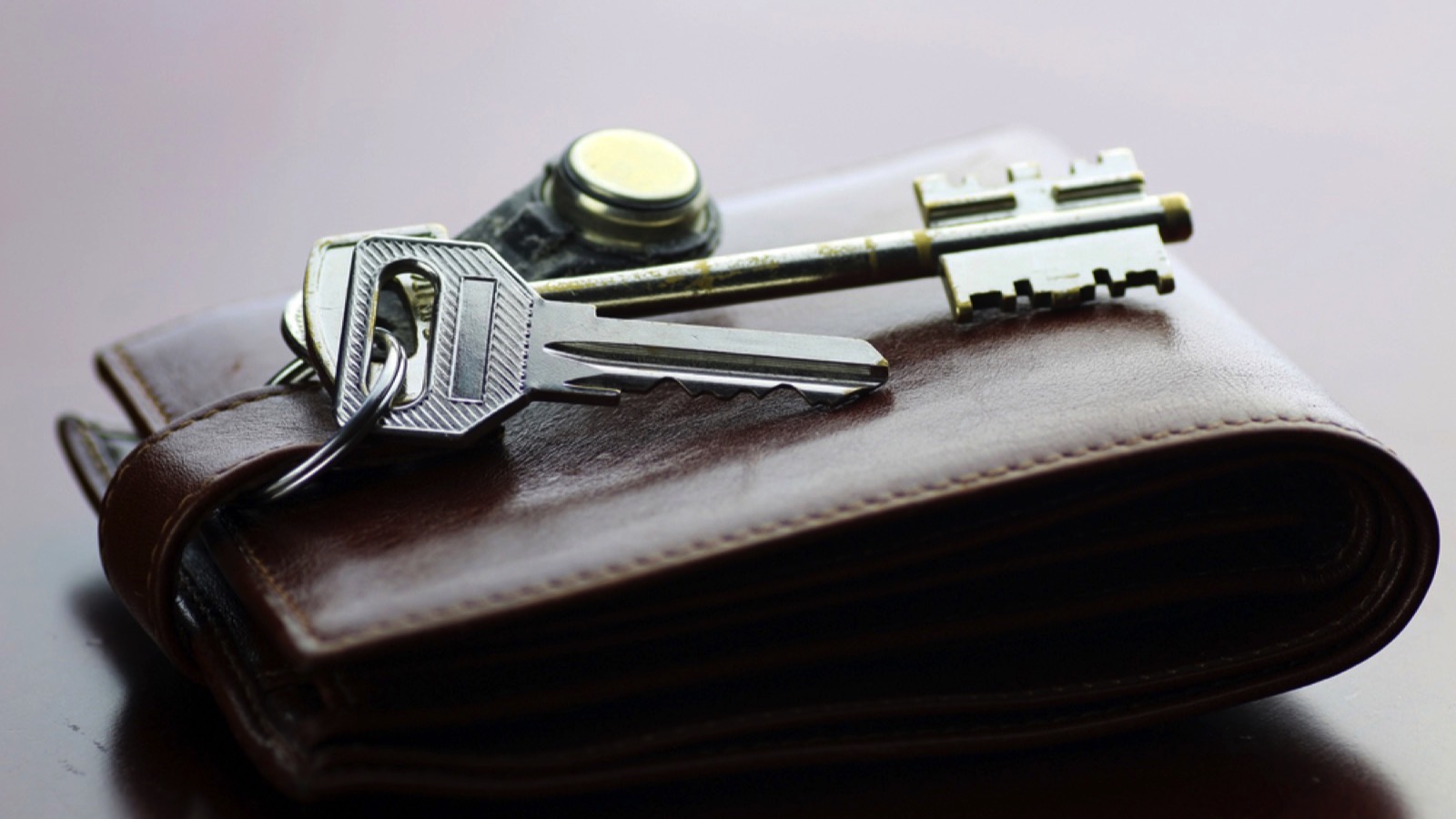
Your house keys don’t belong in your wallet. If your wallet is stolen, a thief could find your address from other items and use the keys to enter your home. Keep your keys on a separate key ring. If you’re worried about losing them, consider a Bluetooth tracker that can help you locate misplaced keys. This way, your home stays secure even if your wallet goes missing.
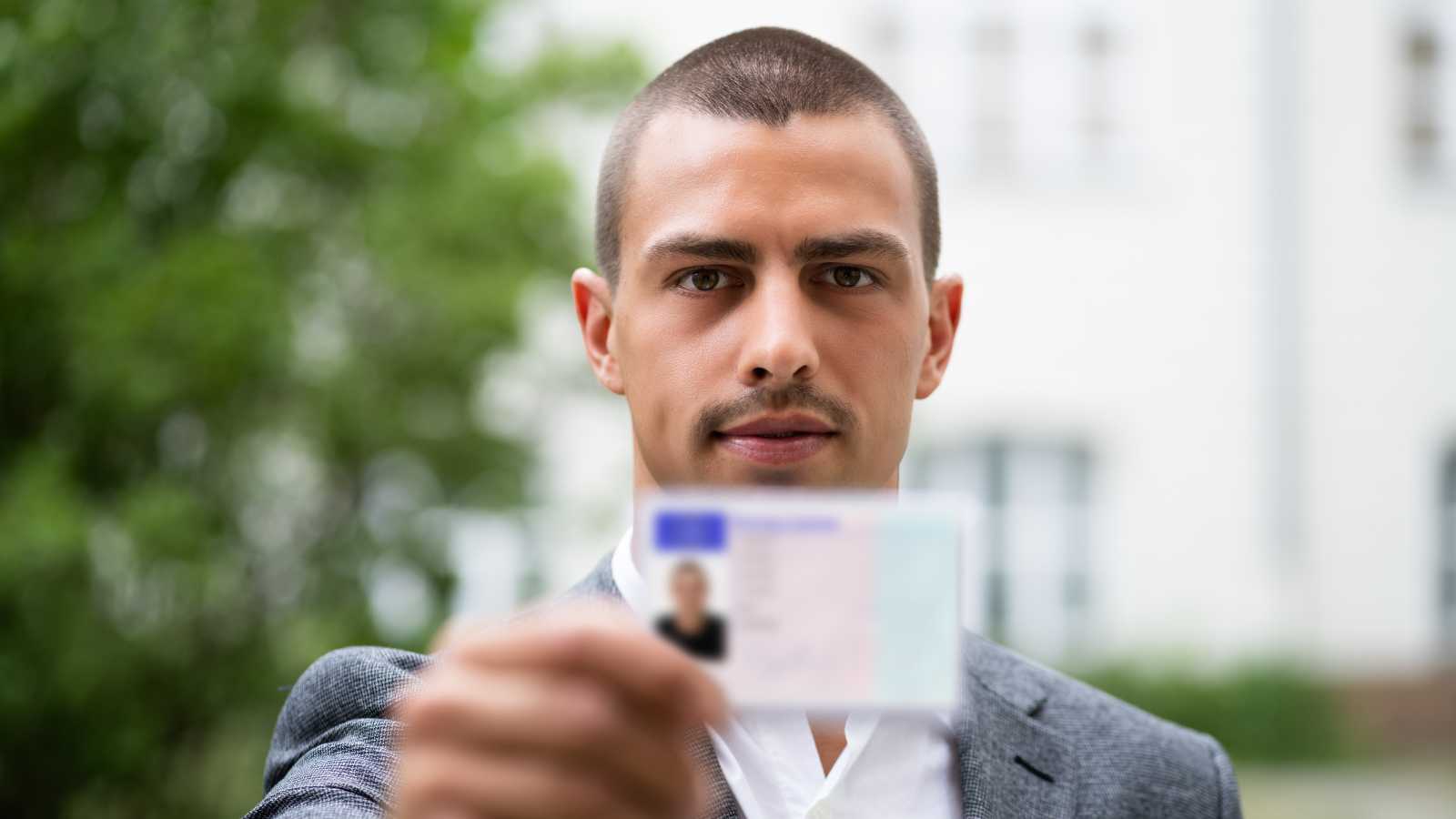
Your work ID badge can give thieves access to your workplace and potentially sensitive information. Unless you need it to enter your building, leave it at work or in your car. If you must carry it, keep it separate from your wallet. This protects both your personal information and your employer’s security.
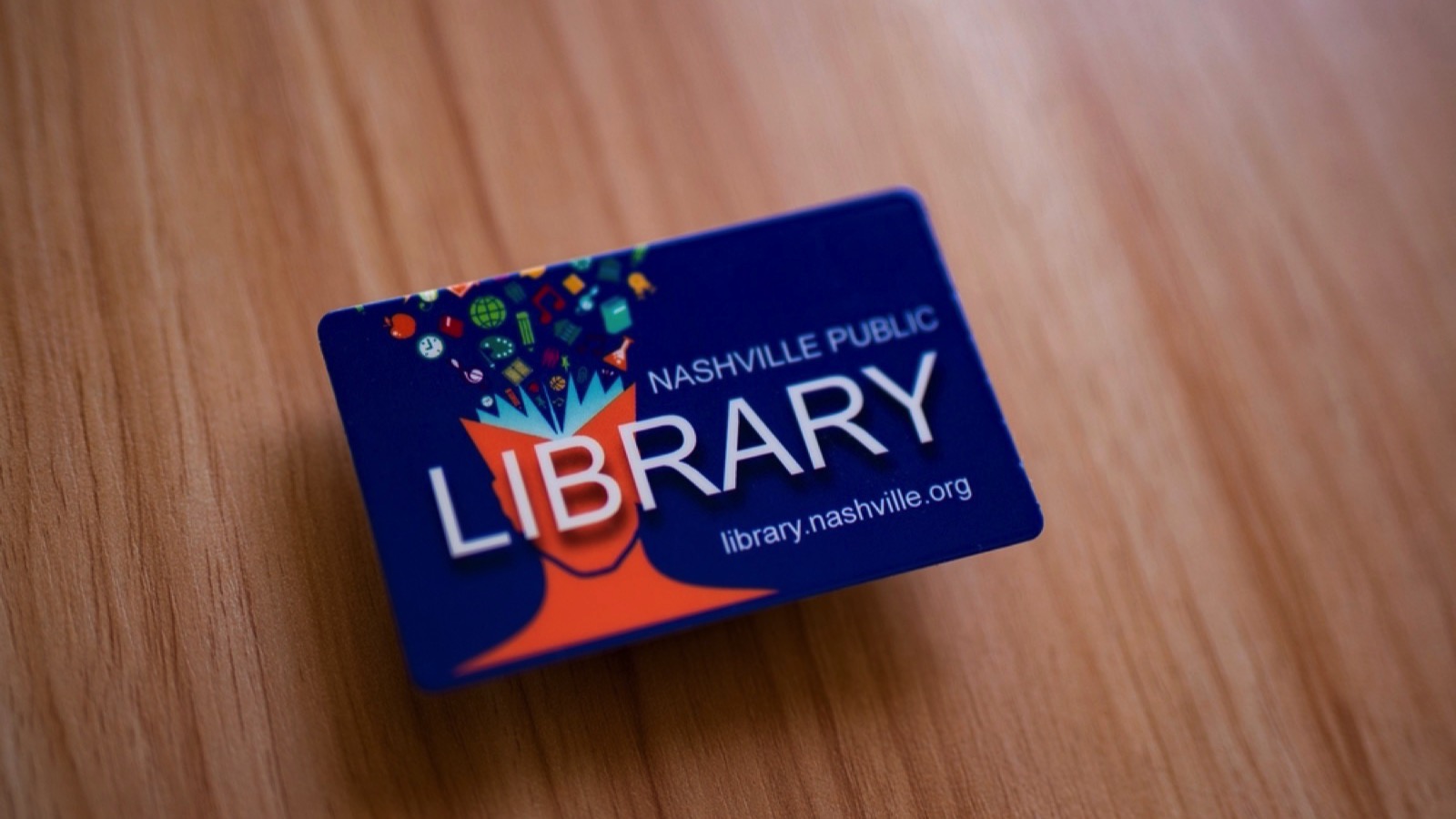
While a library card might seem harmless, it can be used to rack up fines or steal materials in your name. Some library cards also display personal information like your address. If you’re not planning a trip to the library, leave your card at home. Many libraries now offer digital cards you can store on your phone, eliminating the need to carry a physical card at all.
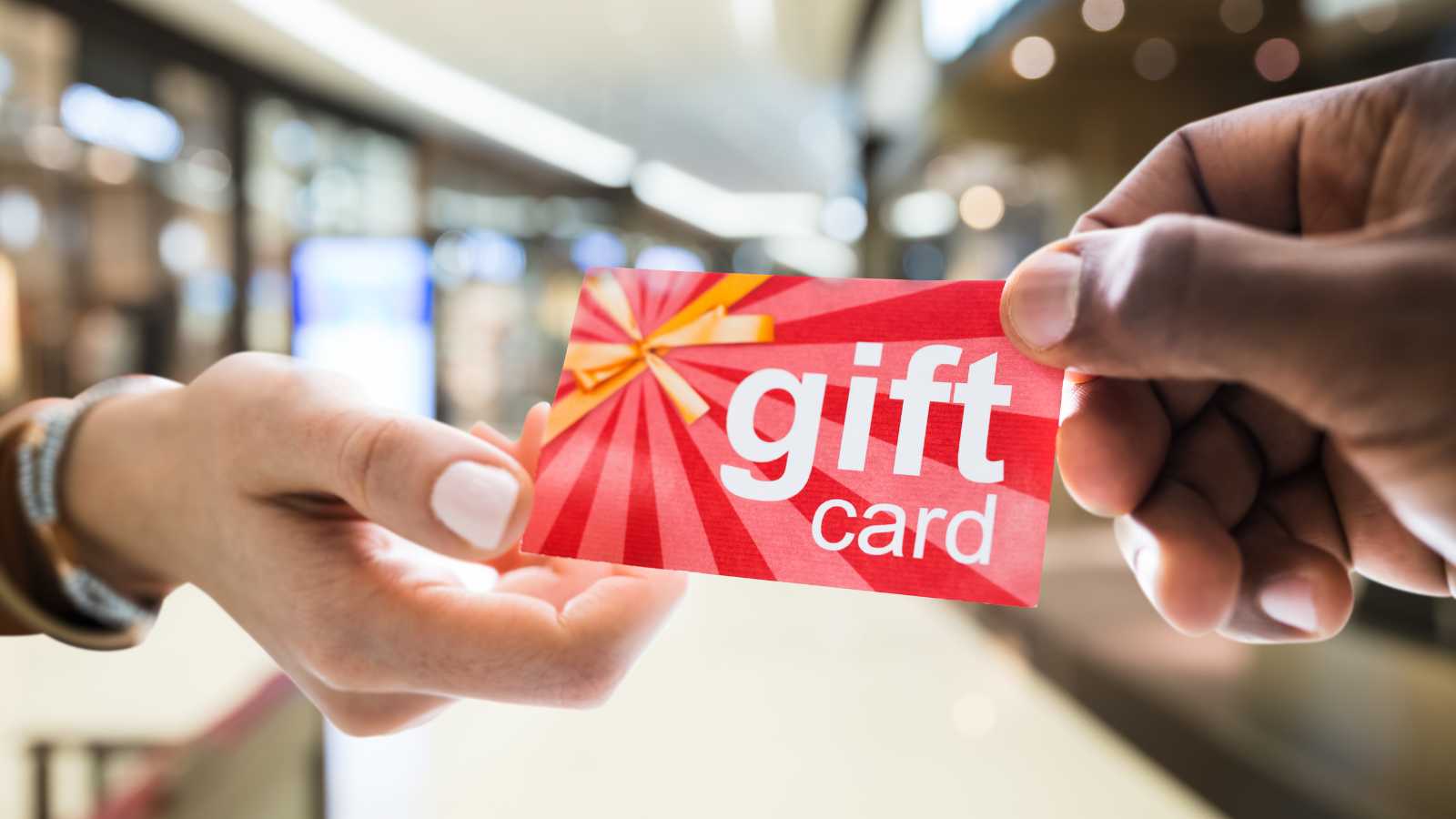
Gift cards are essentially cash. If your wallet is stolen, you’ll lose the full value of any gift cards inside. Keep gift cards at home until you’re ready to use them. If you receive a gift card you don’t plan to use soon, consider selling it online or exchanging it for cash. This way, you’re not carrying around money you can’t easily replace if lost.
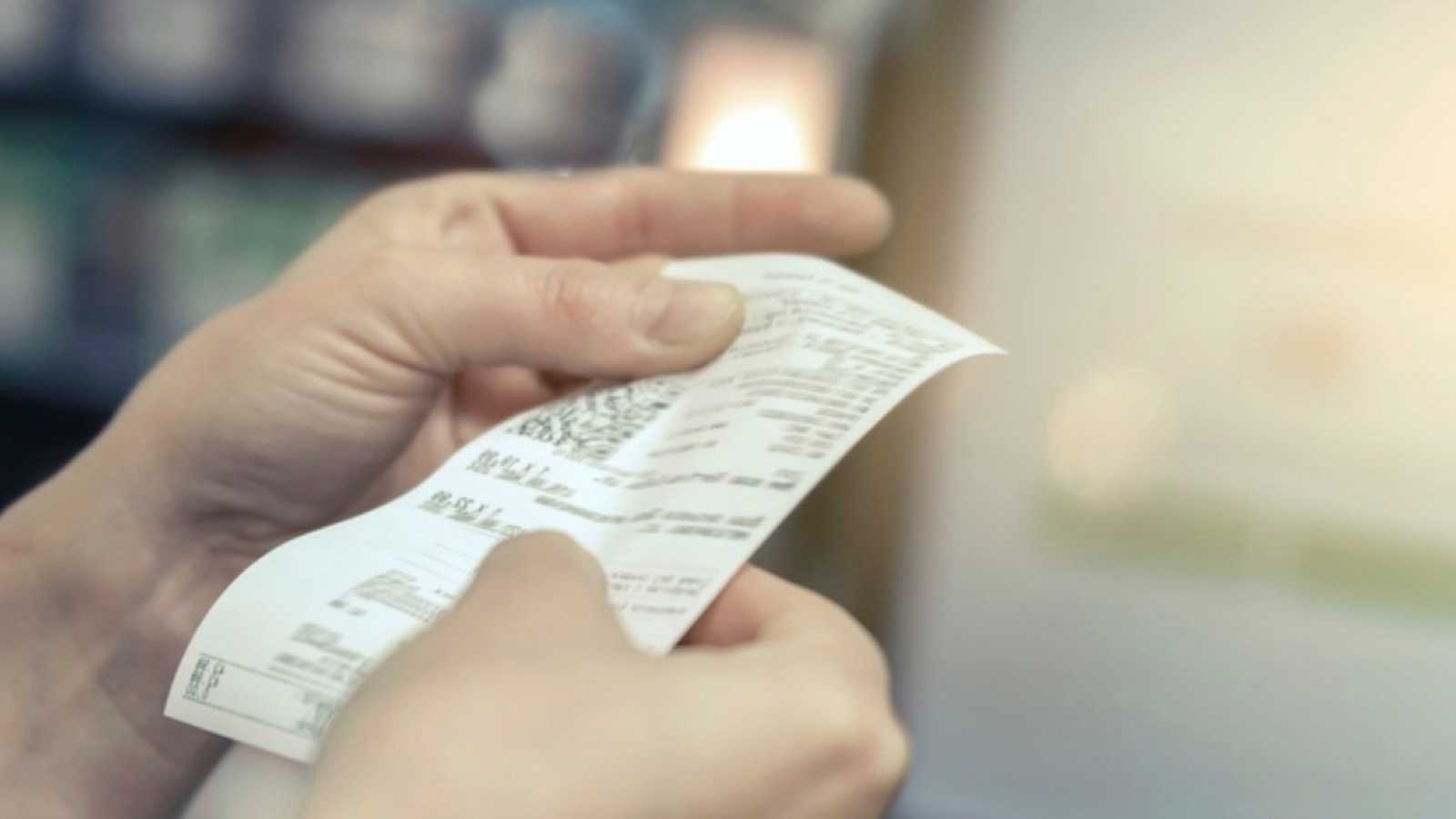
Receipts often contain partial credit card numbers and other personal information. Thieves can use these details for fraud or to piece together your spending habits. Empty your wallet of receipts regularly. If you need to keep them for returns or expense reports, store them in a designated place at home. Consider using digital receipt apps to keep track of your purchases without the paper clutter.

Your Medicare card contains your Social Security number, making it a risky item to carry. Medicare has phased out Social Security numbers on new cards, but if you still have an old one, leave it at home. Carry a photocopy with the last four digits of your Social Security number blacked out instead. Bring the original only when you have a doctor’s appointment.
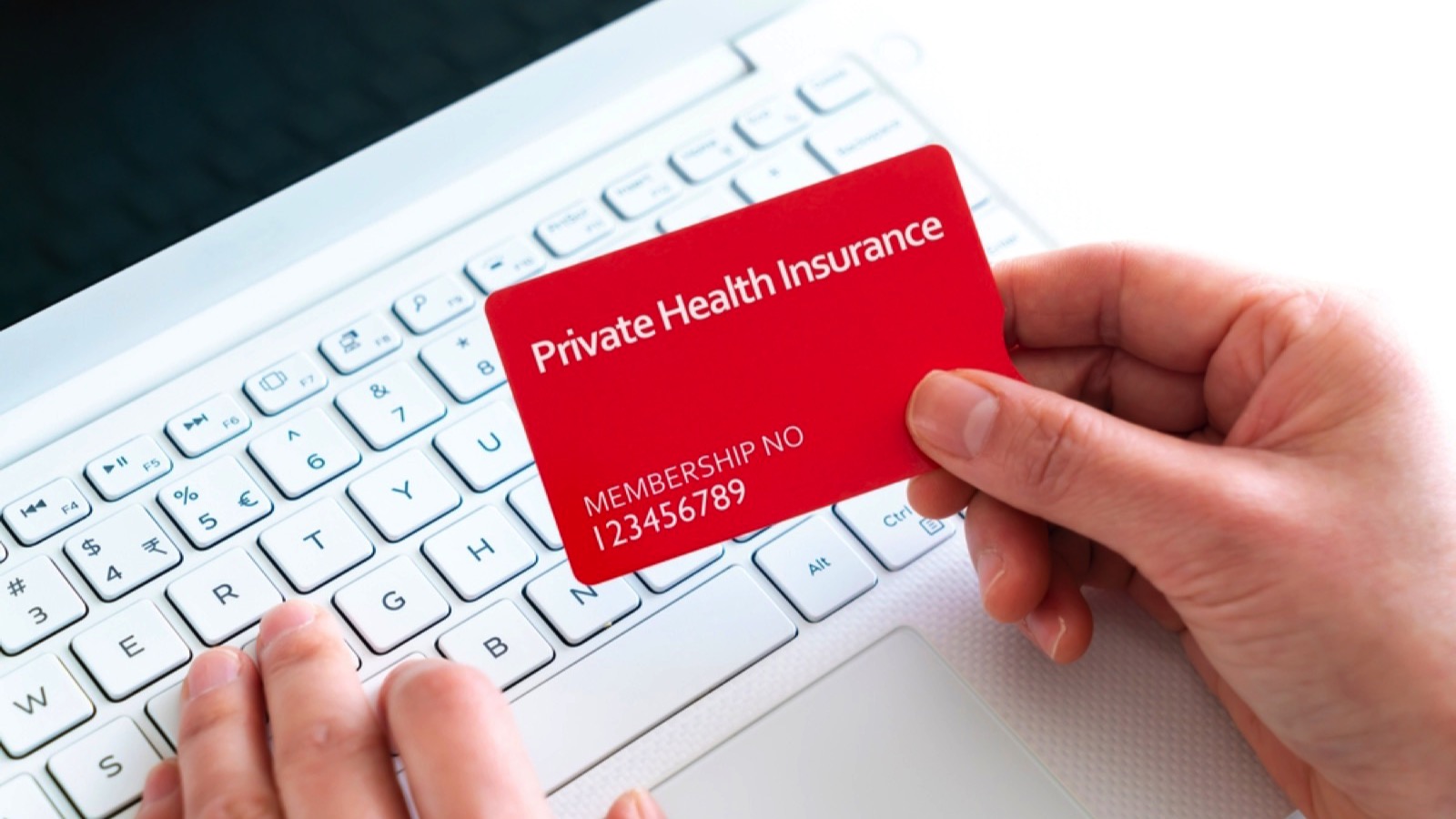
While it’s smart to have your current health insurance card with you, older cards or cards for other types of insurance don’t need to be in your wallet. They often contain sensitive information that could be used for identity theft. Keep only your current health insurance card with you. Store other insurance documents securely at home and access them digitally if needed.
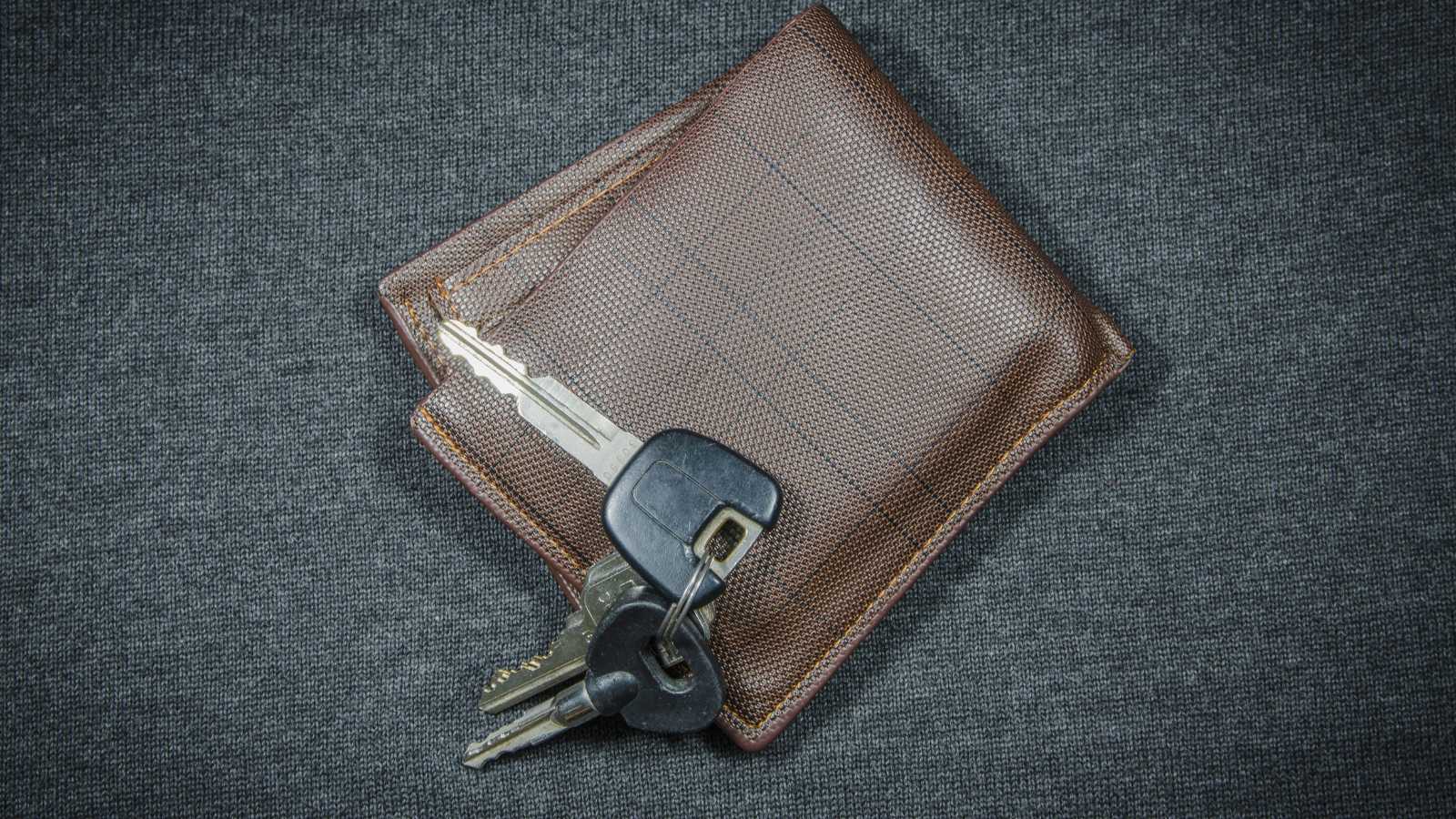
A spare car key in your wallet might seem convenient, but it’s a huge risk. If your wallet is stolen, the thief now has access to your car too. Keep your spare key at home or with a trusted friend or family member. If you’re worried about locking yourself out, consider a magnetic key box hidden on your car’s exterior or a keyless entry system.
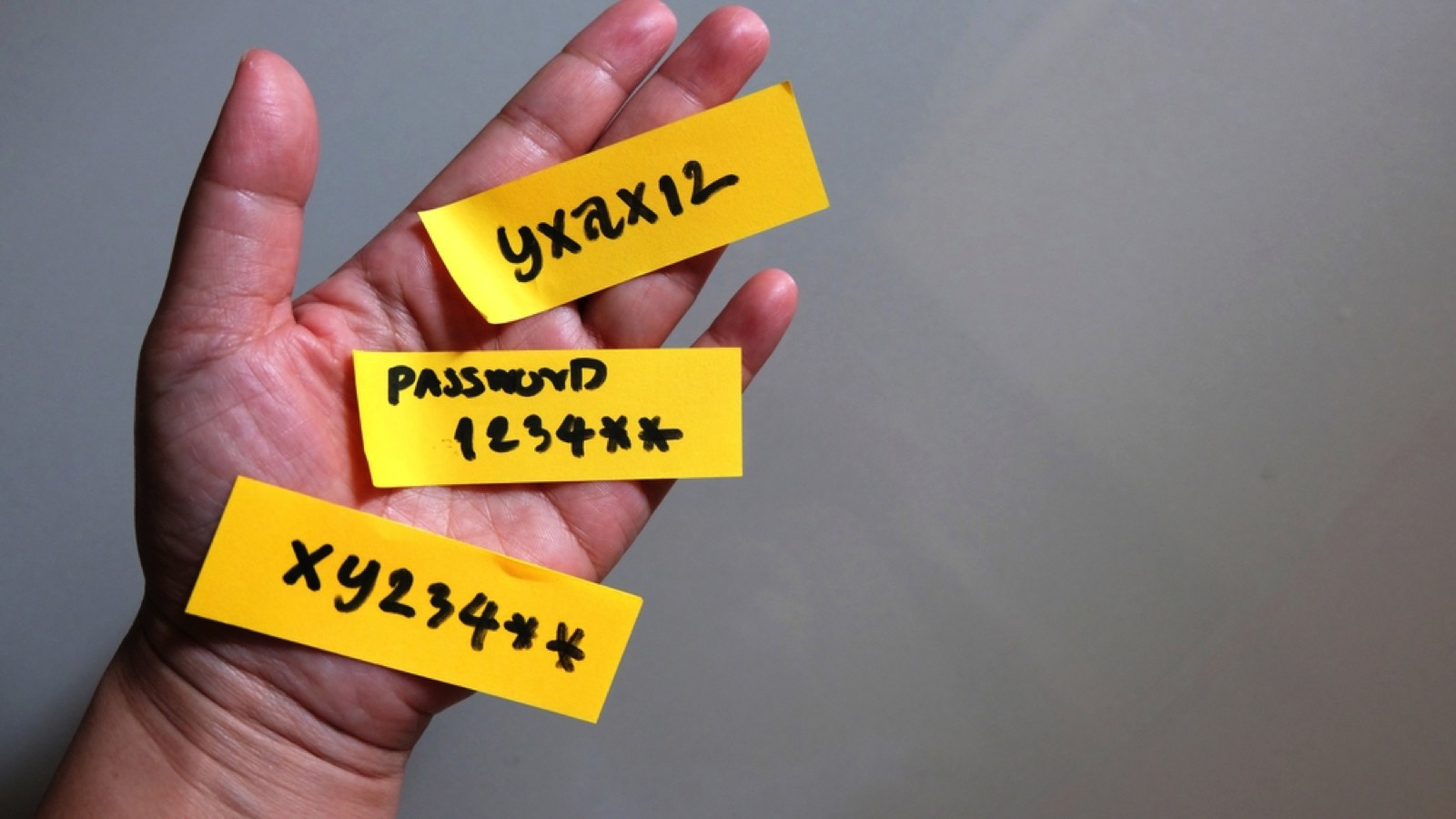
Never keep a list of passwords in your wallet. This is like handing over the keys to your digital life if your wallet is stolen. Use a secure password manager app instead. These apps encrypt your passwords and can be accessed from your phone or computer with a single master password. This keeps all your login information safe and easily accessible without the risk of physical theft.
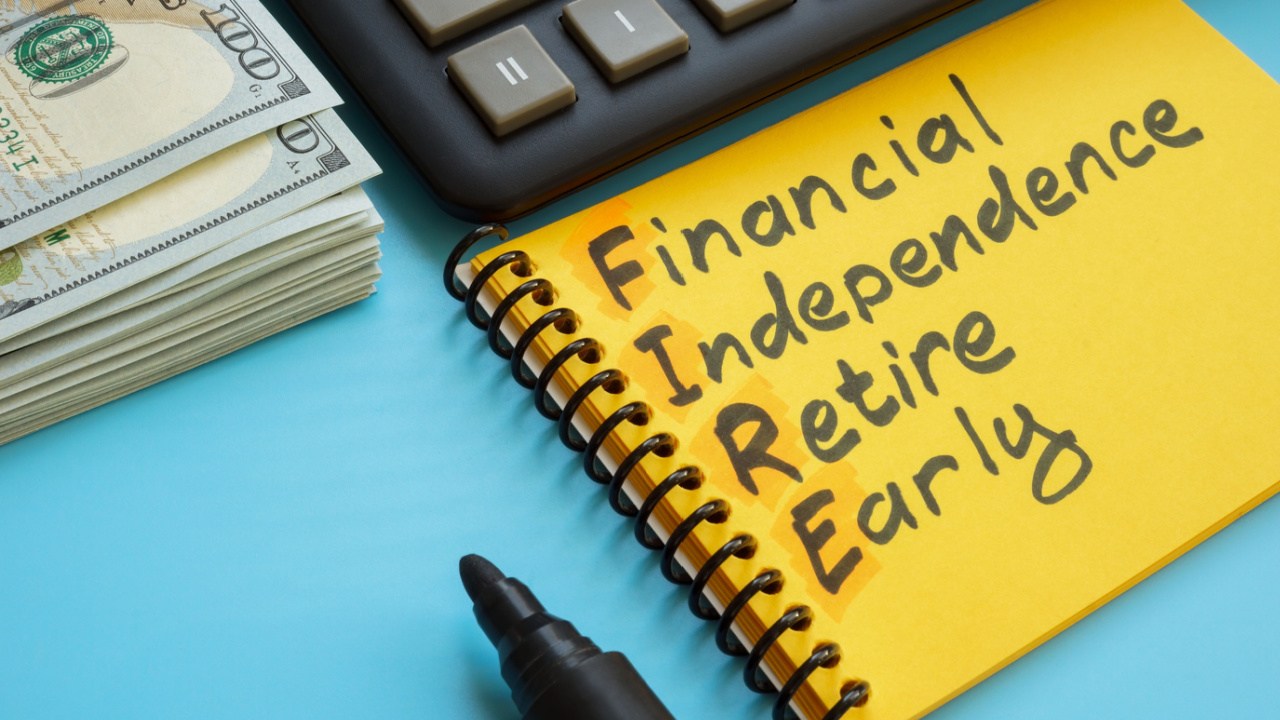
FIRE – Financial Independence, Retire Early. That’s the dream, right? Quit the rat race and live life on our own terms. It’s totally doable. Plenty of people join the FIRE movement and manage to retire pretty quickly. And there’s a LOT of advice out there on how to do it. Sadly, much of the advice is outdated or just plain bad.
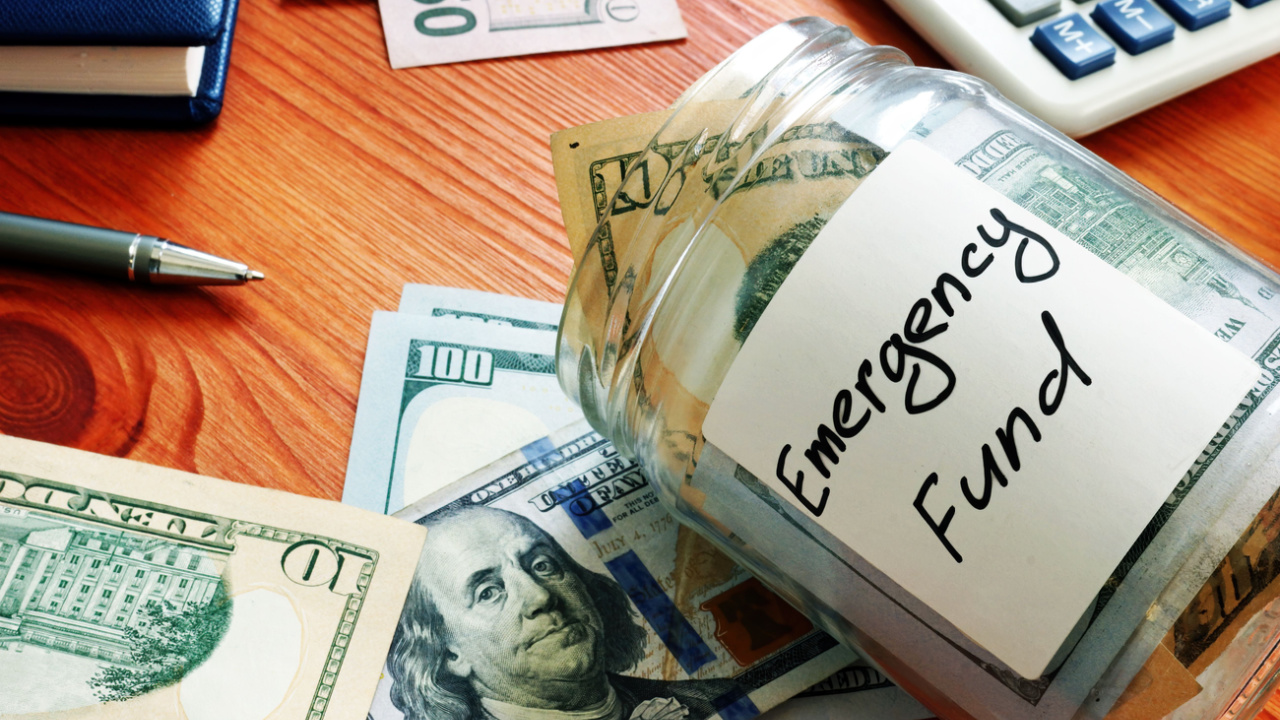
In times of uncertainty, financial stability is more crucial than ever. While prepping for physical emergencies is vital, don’t overlook financial prepping. Avoiding these common money mistakes can help make sure you’re in a stronger position to weather any storm.

With recent global unrest and economic uncertainties, many people are starting to worry about the stability of our money. They’re looking for new options like cryptocurrencies. Using digital money might sound strange, but it’s becoming more common. Big names like Bitcoin and Ethereum are leading the way. This article will look at how cryptocurrency could change things in a shaky economy. We’ll discuss the good and bad sides of using digital money. Get ready to learn about the crypto world and how it might affect our financial future!
